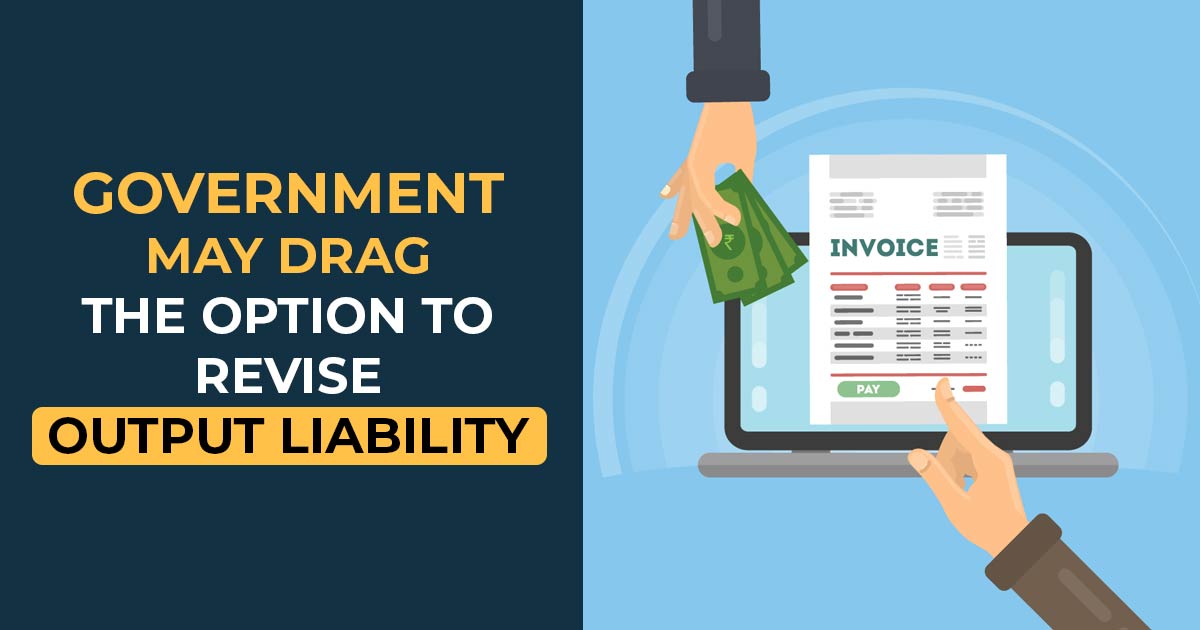
Revenue Secretary Sanjay Malhotra in a press conference said that the government’s objective is to remove the flexibility furnished to the buyers and sellers in amending their output obligation. The same action consists of locking the invoices and eliminating the edit option in the forthcoming fiscal year, a proposal that shall be reflected in the subsequent GST council meeting.
The main goal of this initiative is to surge compliance and fight the problem of bogus invoicing in the indirect tax regime. Malhotra underlines the requirement to rectify the compliance to control the increase of fake entities and bogus billing, showing that the present trust that is established in the regime is being exploited via unethical individuals making fake companies.
Malhotra in an interview considered that at the time data exists, it is not completely used to address the bogus invoicing issue. He mentioned that the proposal does not need the GST Council’s approval, however, the same shall be shown in the forthcoming meeting for the discussion. The execution of the latest system shall consume time as the required infrastructure is being developed.
Malhotra shows that the elimination of the edit utility is available to the buyers and sellers for rectifying the errors post availing of the tax credits. The same adjustment has the motive of preventing the misuse of the system via disallowing edits after the submission of GSTR-1 and GSTR-3B. The same amendment shall contribute to blocking the bogus entities from revising the invoice data after submission thereby reducing the problems concerned with the bogus ITC and diminishing the commercial issues, the secretary underscore.
Before the economic framework, the same approach draws numerous benefits, but there are expected issues. There is reduced flexibility to amend the genuine errors, a rise in the administrative workload, and possible system integration problems. Small businesses might face compliance loads and the inaccuracies that arrive initially might accelerate the issues. There is a need to choose precise considerations and mitigating methods to balance the advantages against the risks.
Regarding the impact on the genuine taxpayers, the industry experts seek the concerns, showing the problems with correcting non-intentional mistakes and the impact on credit availing on the grounds of GSTR 2B in the forthcoming time. To strike a balance between heightening the system against bogus activities and ensuring a smooth transition for businesses.